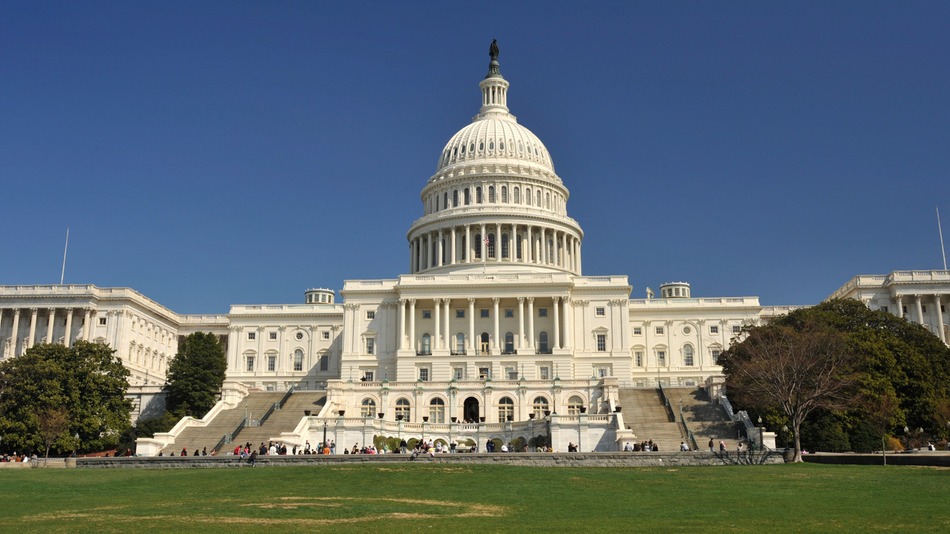The American Institute of CPAs (AICPA) has come out strongly against the new bill in Congress that would give the IRS broad authority to regulate tax return preparers. On December 4, it sent a letter to House Ways and Means Committee Chairman Kevin Brady (R-TX) and Ranking Member Sander Levin (D-MI) opposing the measure.
Under the “Tax Return Preparer Competency Act” – introduced by Representatives Diane Black (R-TN) and Pat Meehan (R-PA) on December 1 — tax return preparers would be required to pass a competency test, attend at least 15 hours of continuing education (CE) classes a year and submit to background checks. CPAs, enrolled agents and tax attorneys would effectively be exempted from the requirements.
The new bill was proposed after a prior regulatory program was successfully challenged in court by unlicensed tax return preparers (Loving, et. al. v. IRS, CA- D.C., No. 13-5061, 2/11/14). Subsequently, the IRS instituted a voluntary program.
In the letter to Brady and Levin, Troy Lewis, CPA, chairman of the AICPA Tax Executive Committee, said, “Ensuring that tax preparers are competent and ethical is critical to maintaining taxpayer confidence in our tax system. Indeed, these goals are consistent with AICPA’s own Code of Conduct and enforceable tax ethical standards. However, we believe the Tax Return Preparer Competency Act allows the IRS to overregulate professional, credentialed tax return preparers and their staff without providing adequate value to taxpayers or additional protection to the public.”
Instead of enacting “yet another set of rules for professional, credentialed tax return preparers,” the AICPA recommends that Congress mandate that the IRS enact a testing and continuing education program similar to the program in effect prior to the Loving decision that would apply exclusively to so-called ‘unenrolled’ tax return preparers not licensed by the states.
“Certified public accountants and attorneys are highly-regulated and licensed at the state level,” explained Lewis. “They are subject to rigorous education, testing and continuing education requirements as opposed to the ‘fly-by-the-night tax preparers’ that the Tax Return Preparer Competency Act intends to address.”
The AICPA also believes the IRS could utilize their current preparer tax identification number (PTIN) system more effectively to protect the public from incompetent and fraudulent tax return preparers. Furthermore, any legislation should also address the burdensome requirement that non-signers of tax returns obtain PTINs, especially since the IRS lacks the ability to track or use PTINs for individuals who do not sign returns.
In addition, the AICPA recommends that Congress should support the exchange of information between the IRS and state taxing authorities. “The exchange of tax preparer data (particularly as it relates to incompetent and fraudulent prepares) would improve tax administration by reducing duplicate government resource expenditures and increasing taxpayer compliance,” Lewis said in the letter.
Finally, Lewis added that the AICPA is looking forward to working with the committee and the sponsor of the legislation “in order to address our concerns and improve the bill to achieve our shared goal of enhanced tax return compliance and elevation of ethical conduct of tax return preparers.”
Thanks for reading CPA Practice Advisor!
Subscribe Already registered? Log In
Need more information? Read the FAQs
Tags: Income Taxes, Taxes




